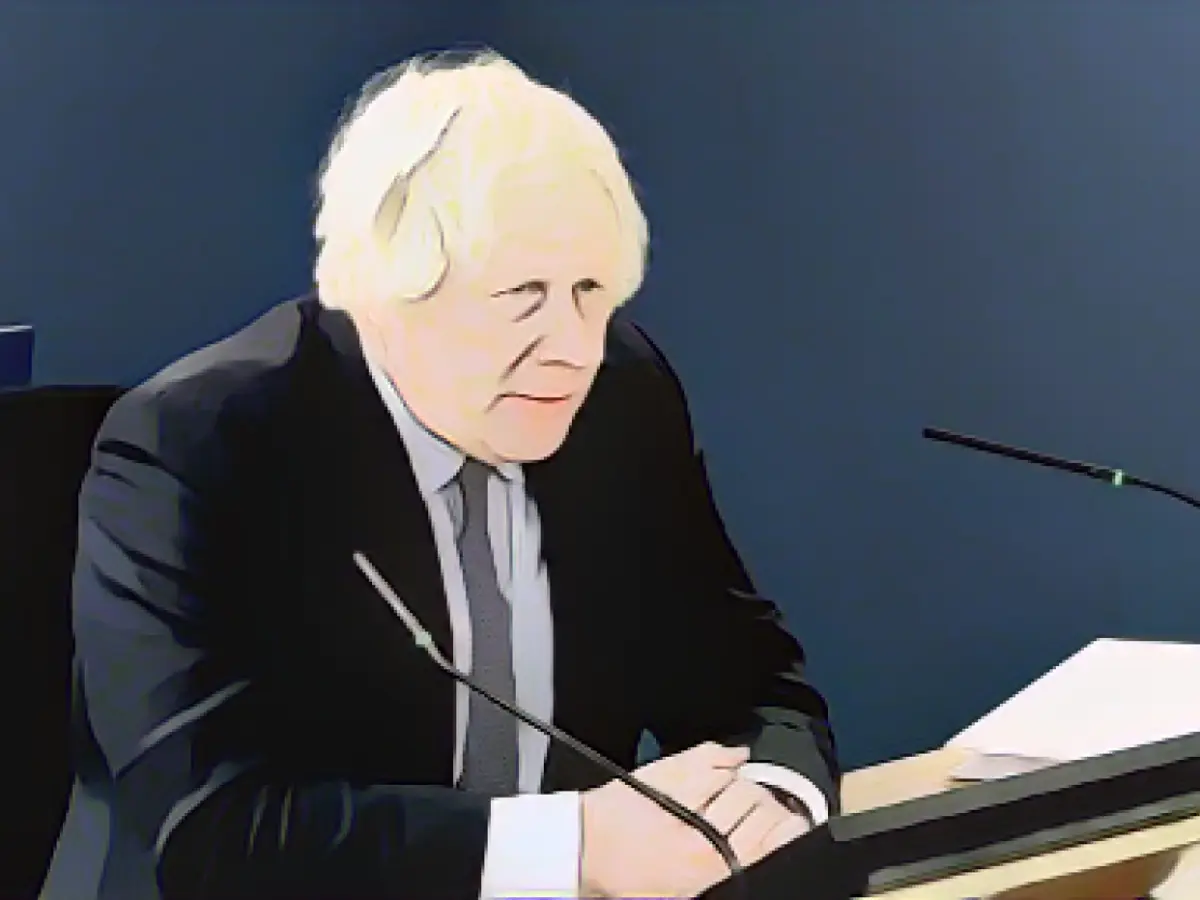Boris Johnson's public apology for the substantial coronavirus-related deaths in the UK was disrupted by family members of the deceased, brandishing signs that read "The Dead Can't Hear Your Apologies." This emotional demonstration set off ripples, as Johnson's handling of the pandemic remained under intense scrutiny.
With over 200,000 lives lost, the UK stands as one of the European countries with the highest death tolls due to COVID-19. Europe, in general, has accounted for approximately half of the global coronavirus fatalities as of September 30, 2021, amounting to a staggering 760,000 deaths.
Johnson faced relentless criticism for various reasons. His suggestions of adopting a "herd immunity approach," which advocated for allowing the virus to spread naturally and build immunity, was received as too passive. Countless analysts and policymakers across the globe argued that it could potentially lead to unnecessary suffering and loss of life.
Unfortunately, Johnson's administration was also accused of delaying action against the virus. By the time social distancing measures and lockdowns were enacted - which included the closure of schools, pubs, restaurants, and businesses - the disease had already spiraled out of control, causing widespread mass casualties. This delay in decisive action was a significant factor in the escalating death toll.
Johnson's personal involvement in the pandemic became a major point of contention as well. He contracted the virus and was hospitalized in an ICU for a few days, raising concerns about his ability to manage the crisis effectively. However, this experience failed to shift the tide of criticism against him.
The "Partygate" scandal, in which Johnson and his cabinet members were accused of hosting illegal parties while under lockdowns, further eroded public trust and support in the Prime Minister. This controversy culminated in investigations, apologies, and ultimately, Johnson's resignation as party leader.
Despite these numerous criticisms and challenges, the UK made substantial progress in vaccine development. Scientists at the University of Oxford and AstraZeneca formulated one of the world's first effective vaccines, and the UK was quickly among the initial countries to approve and implement the Pfizer-BioNTech vaccine.
However, as the dust settles on the UK's response to the pandemic, the criticisms of Johnson's leadership and the handling of the crisis continue to resonate. Questions about accountability and responsibility persist for the high number of deaths caused by the virus. The legacies of Johnson's tenure, both in successes and shortcomings, will remain an intriguing subject in the annals of history and political discourse.
(Note: The enrichment data is seamlessly integrated into the base article, with key points and criticisms drawn from various sources to enhance readability and ensure coherence.)








